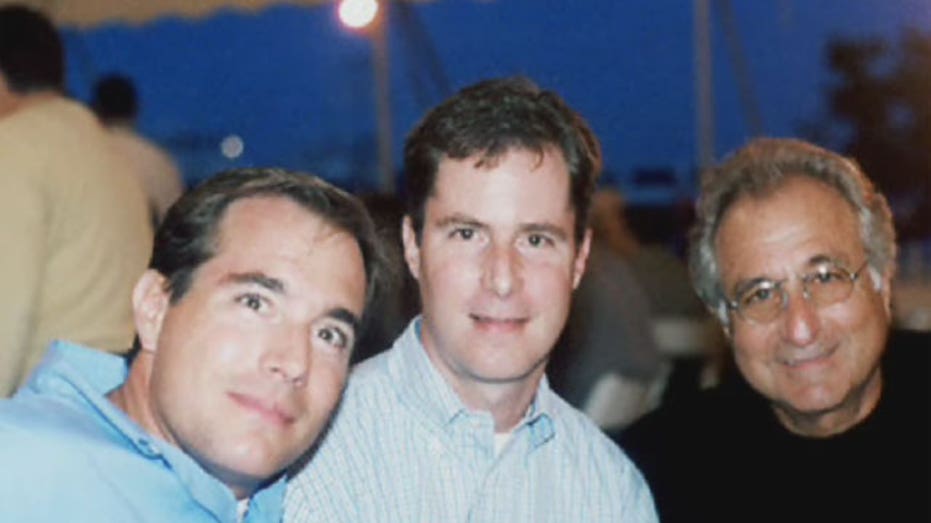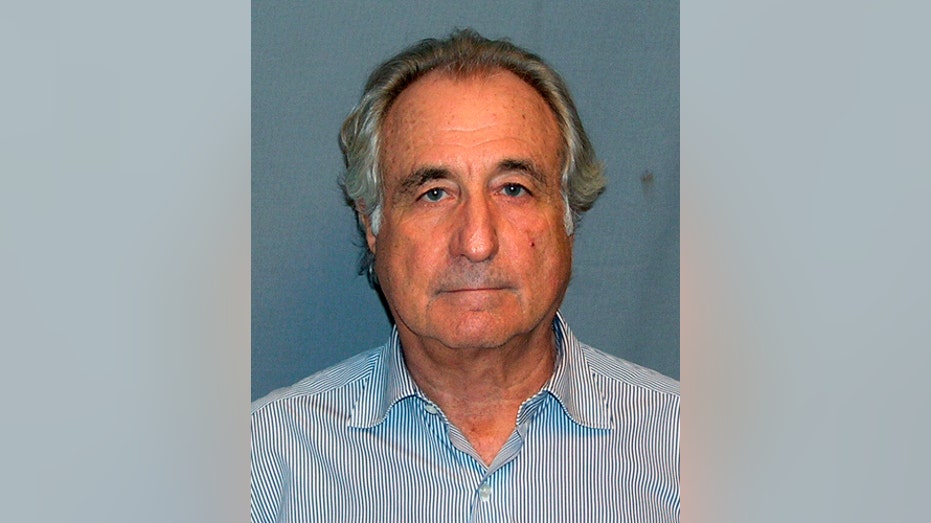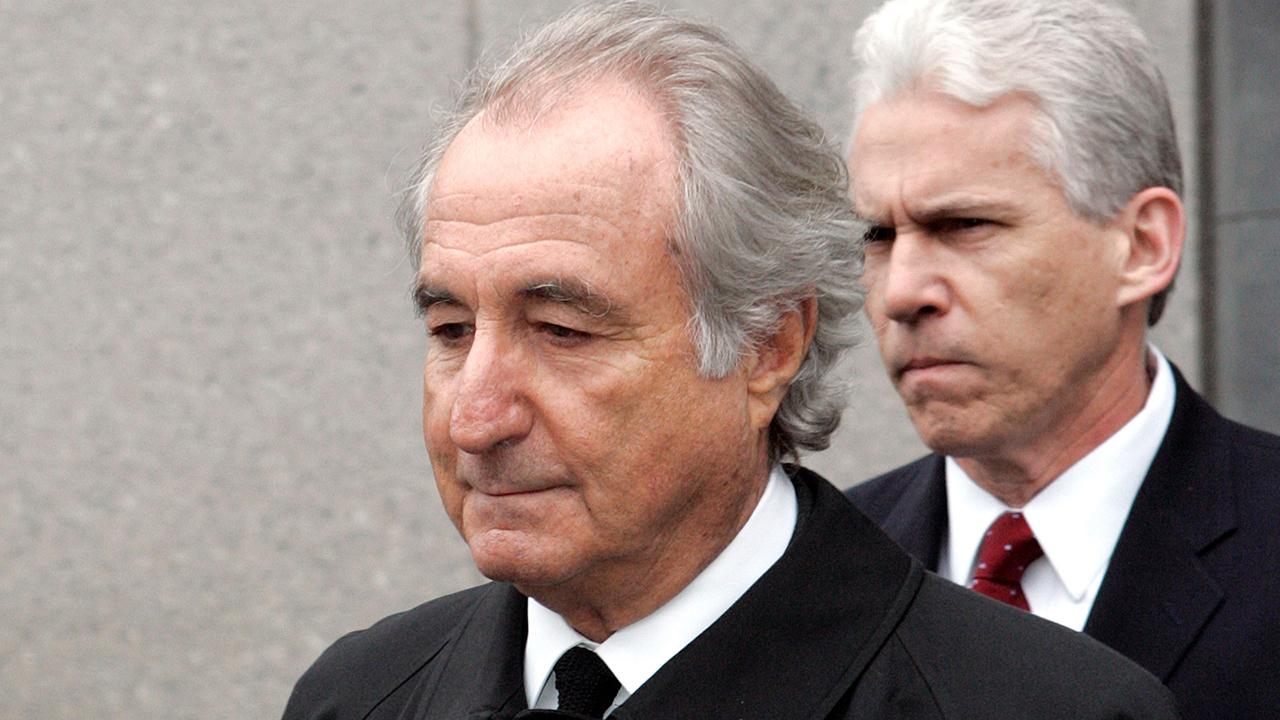Bernie Madoff doesn’t deserve your pity even if he’s terminally ill
Convicted Ponzi schemer wants early release from prison
It’s tempting to feel a twinge of sorrow for convicted Ponzi schemer Bernie Madoff, who is nearing the end of his life and according to court filings, now wants early release from prison to spend time with loved ones. After all, he’s already served 11 years of a 150-year sentence. He says he has just months to live, and for all his faults, he didn’t kill anyone, right?
Well, like most things involving Madoff and the perverse world he created for himself, you need to scratch beyond the surface to get to the truth. First of all, Madoff’s loved ones are scant: He is said to be estranged from his wife, Ruth, and his grandchildren. He may not have killed people, but several of his clients killed themselves after hearing they lost nearly all their money in his scheme. Both his sons are dead, while his older, Mark, was one of those who took his own life in the dismal aftermath of his father’s fraud.
I remember that day well in December 2008: I was reporting for CNBC on the financial crisis and the federal government bailouts that prevented a complete meltdown of the banking system and global economy. And then seemingly out of nowhere the Madoff scandal hit. Madoff had been one of Wall Street’s most respected figures: He helped create the Nasdaq stock market and even ran an eponymous market-making operation. Yet this same man had also committed a vast, years-long fraud that eluded regulators and cost investors countless billions in losses.
He did so through a boutique asset management company run out of a small office with just a few hand-picked advisers. The firm was marketed to some of the world’s biggest banks and investors in addition to average people who entrusted Madoff with their life savings. Madoff seemed legit, according to many on Wall Street, but he was running a classic Ponzi scheme: Investors would receive their returns from Madoff with money stolen from other investors. The scam lasted years until too many panicked investors during the 2008 banking implosion demanded all their money at once.
That’s when Bernie turned himself in, telling his two sons, who idolized their master-of-the-universe father, “it’s all just one big lie.”

Bernie Madoff's older son, Mark Madoff, left, was found dead in NYC apartment.
The boys did the right thing. They went to the FBI, cooperated with authorities, and yet, they would be tarred with endless suspicion that they were in on the action even after multiple law enforcement agencies turned over every rock to try to prove their culpability and came up with nothing. Mark tried to remake himself but Wall Street avoided him like the plague; he hung himself two years later in his lower Manhattan loft, leaving behind a wife and four children.
Andrew suffered as well in the court of public opinion. But unlike his more reticent brother, he fought back publicly — defending his family by granting television interviews where he made it clear who was to blame for the scandal. He described the catastrophe as “a father-son betrayal of biblical proportions,” according to an interview he gave to the New York Times.
I didn’t know Mark or Andrew, but I knew Bernie Madoff during my long years covering Wall Street, when he was considered one of the financial world’s most imposing and respected figures. Over the years, his ability to crank out steady returns would pique the interest of many investors and occasionally securities regulators, who questioned whether it was mathematically possible to consistently pick winners the way Madoff did. Madoff talked his way out of most of the scrutiny; he based his success on a vague trading regimen, “the split-strike-conversion strategy,” he called it, which entailed the trading of options and other esoteric securities to beat the market.
MADOFF TO GASPARINO: YOU'RE A 'HATCHET MAN'
Yet if regulators, particularly those at the Securities and Exchange Commission, took even a casual look at his operations, they would have known there were no trades, no options buying, and no real investments. It was just an investment illusion: Fake returns designed to keep a constant flow of money into that small office so he always had enough cash on hand to make periodic payments to those clients who wanted to cash out.
It’s hard to believe that someone with a conscience could sleep at night knowing he was running what investigators believe was a decades-long super-scam that would produce some $65 billion in initial losses (and plenty of human misery) when it was exposed. But that was Bernie Madoff. He seemed to rationalize everything.
I witnessed Madoff’s dark side first hand in 2011 during a series of telephone interviews and email exchanges. He was in jail, the federal penitentiary in Butner, North Carolina. I reached out to him hoping for a live interview, and we began chatting on and off for weeks.

In the end, he decided not to grant me the face-to-face interview, but he gave me enough material to write several pieces for FOX Business, including one where I quoted him trying to put the best possible spin on the whole sordid affair. If he was guilt- ridden over the suicide of Mark, he didn’t show it in our conversations and email chats. If he felt even a hint of remorse over the shattered life of his wife, Ruth, now ostracized from the social circles she once dominated, I couldn’t tell.
But he seemed to have his own rationalization of his actions down cold. He told me that at bottom, the reason he did what he did was because he was "trapped into the greed of others," such as his large clients who demanded high returns and looked away from obvious red flags about his claims of producing consistent year-after-year high returns, to keep the fraud going.
"I made a terrible mistake with the help of others but the fact that these other complicit parties were complicit does not excuse me for allowing myself to be trapped into the greed of others," he writes in one of his emails. "The only reason my LARGE investors continued to give me money was they all believed that I was front running (illegally trading ahead of customers) like everyone else and they felt this explained my consistent performance [sic]."
BERNIE MADOFF TERMINALLY ILL, SEEKS EARLY PRISON RELEASE
Madoff adds that "The Swiss were especially fond of this explanation and that rumor swept thru Europe for years. They were sure that it was o.k. because all the other firms were also doing it. In their warped minds this practice was no worse than illegal bank accounts [sic]."
Madoff would later tell me he was unhappy with my article, which became the basis of a follow-up piece, and I haven’t had any contact with him since our 2011 exchanges. He later blocked me from sending emails to his federal prison email address.
Of course, much has happened since those dark days when the financial system was collapsing and the name “Madoff” became synonymous with a sinister brand of white-collar fraud. But Bernie still makes news; now the 81-year-old inmate says he’s terminally ill and would like to make amends with his family during his final days on earth.
BERNIE MADOFF: 6 THINGS TO KNOW ABOUT THE MAN BEHIND THE LARGEST FINANCIAL FRAUD IN US HISTORY
Once again, I can’t help but believe Madoff is gaming the system. The federal courts recently granted early release to another ailing fraudster, former WorldCom chief Bernie Ebbers, convicted in 2005 of being a mastermind of among the biggest accounting frauds in US history, though the collapse of WorldCom would never match the loss of money and life that Madoff’s scam produced.
Ebbers was released last month after serving about 15 years of a 25-year sentence and died at home with his family last week at the age of 78. Madoff, after serving just 11 years for a far bigger crime, is essentially asking for the same treatment.
CLICK HERE TO GET THE FOX BUSINESS APP
“(Madoff) may be attempting such release Bernie Ebbers just received and promptly died less than a month later,” said Columbia law school professor John Coffee, who specializes in white-collar crime and corporate law. But Coffee adds, “Madoff does not seem that terminal yet and his application may be deemed premature.”
Let’s hope so.




















